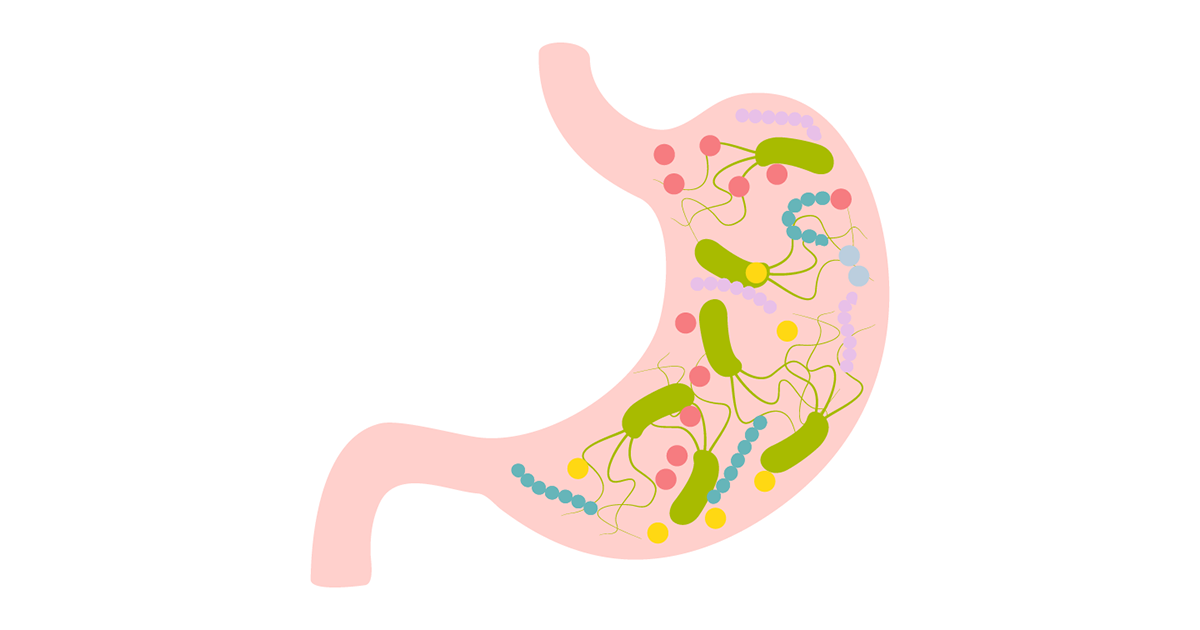Does the bacteria in your gut affect seizures?

Epilepsy News From: Tuesday, September 11, 2018
We know that our intestines hold over 100 trillion microbes, including approximately 1,000 different species of bacteria. Our own DNA is overwhelmed in a way by the DNA of these bacteria living happily along with us! Probiotics, as well as bacteria in yogurts and other supplements, are very popular nowadays to improve “gut health.” But what does this mean for epilepsy in general and the ketogenic diet in specific?
What have studies found?
Two recent papers have raised awareness and excitement that maybe a part of the ketogenic diet’s mechanism of action may rest in changes in the population of several key bacteria in our intestines.
- The first paper from UCLA was published in Cell in June. In mice, it appeared that two bacteria, Akkermansia and Parabacteroides, were important for protection from seizures. These mice did not have seizure control when on the ketogenic diet if they were treated with antibiotics (which would kill these bacteria) or were raised in a germ-free environment. Similarly, putting (transplanting) these bacteria into the intestines of other mice would protect them from seizures. The theory is that GABA (an inhibitory neurotransmitter) goes up when these bacteria are in the gut. These results were presented in a TEDx talk. Of note, a study from 2016 in Molecular Autism from Calgary found that Akkermansia decreased in mice treated with the ketogenic diet (the opposite finding).
- In another study published in Epilepsy Research from Fudan University in China, researchers looked at the fecal samples of 20 children treated with the ketogenic diet. Again, there were changes in the gut microbiota, with increased Bacteroidetes and decreased Firmicutes, with perhaps hints of differences in those children who responded to the ketogenic diet. These findings were actually very different from published work from Italy in Clinical Nutrition ESPEN back in February 2017. These authors found NO changes in 6 children with Glut1 Deficiency on the ketogenic diet in amounts of Bacteroidetes and Firmicutes.
How do we interpret these often contradictory results?
Right now, we can say there is growing evidence that the ketogenic diet appears to affect the bacteria in your intestines. Yet, we are not certain if improving bacterial strains that affect seizures or possibly reducing those that could have a negative effect could make a difference. For now, it is too early to change probiotics or try to ingest any bacteria intentionally.
More Study Needed
Absolutely this line of research is fascinating and begs for more studies of children and adults on (and off) ketogenic diets. These studies could help us learn
- If there are definite trends in larger numbers of people after many months
- What these bacteria may be producing that could affect epilepsy
- If changes correlate with seizure control (or may only just show a change based on the foods we eat that isn’t relevant for epilepsy)
At the October ketogenic diet conference in Jeju, South Korea, there will be an entire session on “brain-gut inter-relationships” on October 7 to explore this question in more detail too. A nice review of this topic was also just published in the Matthew’s Friends summer newsletter.
Authored by
Eric Kossoff MD
Reviewed by
Patty Obsorne Shafer RN, MN
Reviewed Date
Tuesday, September 11, 2018
